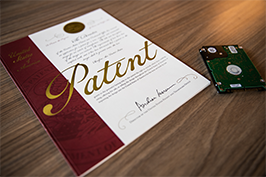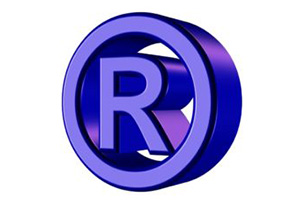Fighting Patent Trolls
A patent troll is the term given to a non-practicing entity (“NPE”) or Patent Assertion Entity (“PAE”) that asserts bad faith claims of patent infringement against another business or individual. Patent trolls do not produce or use a product or method. Instead, a patent troll will target a business that sells or uses products and processes (“targeted business”). A patent troll will send to a targeted business a letter, known as a “cease and desist letter” or “demand letter”, demanding fees from the targeted business in exchange for the patent troll to not sue the targeted business.
One of the major issues with dealing with patent trolls is that their demand letters may be vague and ambiguous. Often times a targeted business will lack the resources to investigate or respond to a patent troll’s demand letter or defend against a patent troll’s lawsuit. Many times a targeted business would rather pay the patent troll in order to avoid litigation and the large expenses involved with defending a patent infringement lawsuit.
However, many targeted businesses find it inherently unfair that they must pay a patent troll to avoid litigation especially when they believe they are not infringing on a patent that has been asserted against them. Because of that unfairness, law makers have begun to pass legislation to combat patent trolls. Twenty-seven states have now passed anti-troll legislation. For example, Florida legislators recently passed legislation, titled the “Patent Troll Prevention Act”, which is codified in Florida Statutes §§ 501.991 – 501.997.
According to the Florida Patent Troll Prevention Act, the legislative intent for passing the Act was to help targeted businesses avoid costs of bad faith litigation by encouraging good faith assertions of patent infringement. If a lawsuit is filed against a targeted business and the court believes the targeted business has shown that the suit was likely filed in bad faith, the court can order the patent holder to post a bond to cover the targeted business’s litigation expenses pursuant to the Act.
According to Florida Statute § 501.993, a court may consider the following factors as evidence that a person has made a bad faith assertion of patent infringement:
(a) The demand letter does not contain the following information:
1. The patent number;
2. The name and address of the patent owner and assignee, if any; and
3. Factual allegations concerning the specific areas in which the target’s products, services, or technology infringe or are covered by the claims in the patent.
(b) Before sending the demand letter, the person failed to conduct an analysis comparing the claims in the patent to the target’s products, services, or technology, or the analysis did not identify specific areas in which the target’s products, services, and technology were covered by the claims of the patent.
(c) The demand letter lacked the information listed under paragraph (a), the target requested the information, and the person failed to provide the information within a reasonable period.
(d) The demand letter requested payment of a license fee or response within an unreasonable period.
(e) The person offered to license the patent for an amount that is not based on a reasonable estimate of the value of the license.
(f) The claim or assertion of patent infringement is unenforceable, and the person knew, or should have known, that the claim or assertion was unenforceable.
(g) The claim or assertion of patent infringement is deceptive.
(h) The person, including its subsidiaries or affiliates, has previously filed or threatened to file one or more lawsuits based on the same or a similar claim of patent infringement and:
1. The threats or lawsuits lacked the information listed under paragraph (a); or
2. The person sued to enforce the claim of patent infringement and a court found the claim to be meritless.
(i) Any other factor the court finds relevant.
Recently, in ArrivalStar SA et al v. Demandware, Inc., No. 9:15-cv-80098 (S.D. Fla. 2015), defendant Demandware, Inc. filed a counterclaim against the plaintiffs for bad faith assertion of patent infringement in violation of Fla. Stat. § 501.993. Ultimately, the case settled in what is being hailed by Demandware, Inc. as a “victory over patent trolls”. While the enforceability of the Florida Patent Troll Prevention Act is not completely clear due to preemption issues, patent trolls and NPEs should be weary in failing to comply – at the very least – with Florida’s new anti-troll law.












